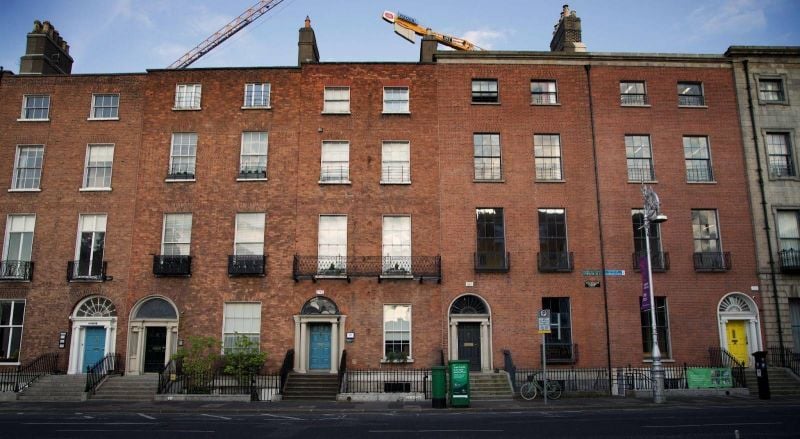
A Georgian square in central Dublin. (Credit: Hannah McCarthy/L'Orient Today)
This article is part one of a two-part series on architectural heritage between Ireland and Lebanon. Click here to read part two.
DUBLIN — Historic neighborhoods in the Irish capital, Dublin, have captured the interest of a team of Lebanese investors. Headquartered in the UK, the Lebanese-owned investment firm Valpre Capital intends to invest over EUR 100 million in Irish property and land for residential development, according to its website and a partner from the firm.
Many of the properties that the firm has acquired are protected structures built during the Georgian period from 1715 to 1830s when Kings George I-IV ruled Britain and Ireland. Famed for their elegant architecture and distinctive plasterwork, many of these Georgian buildings are now in poor condition and being targeted for renovation.
Speaking to L’Orient Today about the planned investment, one of the managing partners of Valpre Capital, Ahmad Moukhtar Hariri, said that the firm was attracted to the Dublin market because of the housing shortages facing the city — “from a business perspective, the market makes sense,” he says.
“Once we entered the Dublin market and started looking at what assets to invest in, we liked the period buildings,” says Hariri, who established Valpre Capital after stints with Citibank and real estate businesses in the UK. The 39-year-old businessman is not a member of the political Hariri family but is part of the wider Hariri family.
Alfred Sursock Cochrane, an Irish-Lebanese architect who spoke to L’Orient Today at his own renovated Georgian home outside of Dublin, has expressed enthusiasm that these older houses are being invested in.
“The buildings need lots of money to maintain them and make them comfortable to live in,” he says “but they really are the most beautiful spaces.”
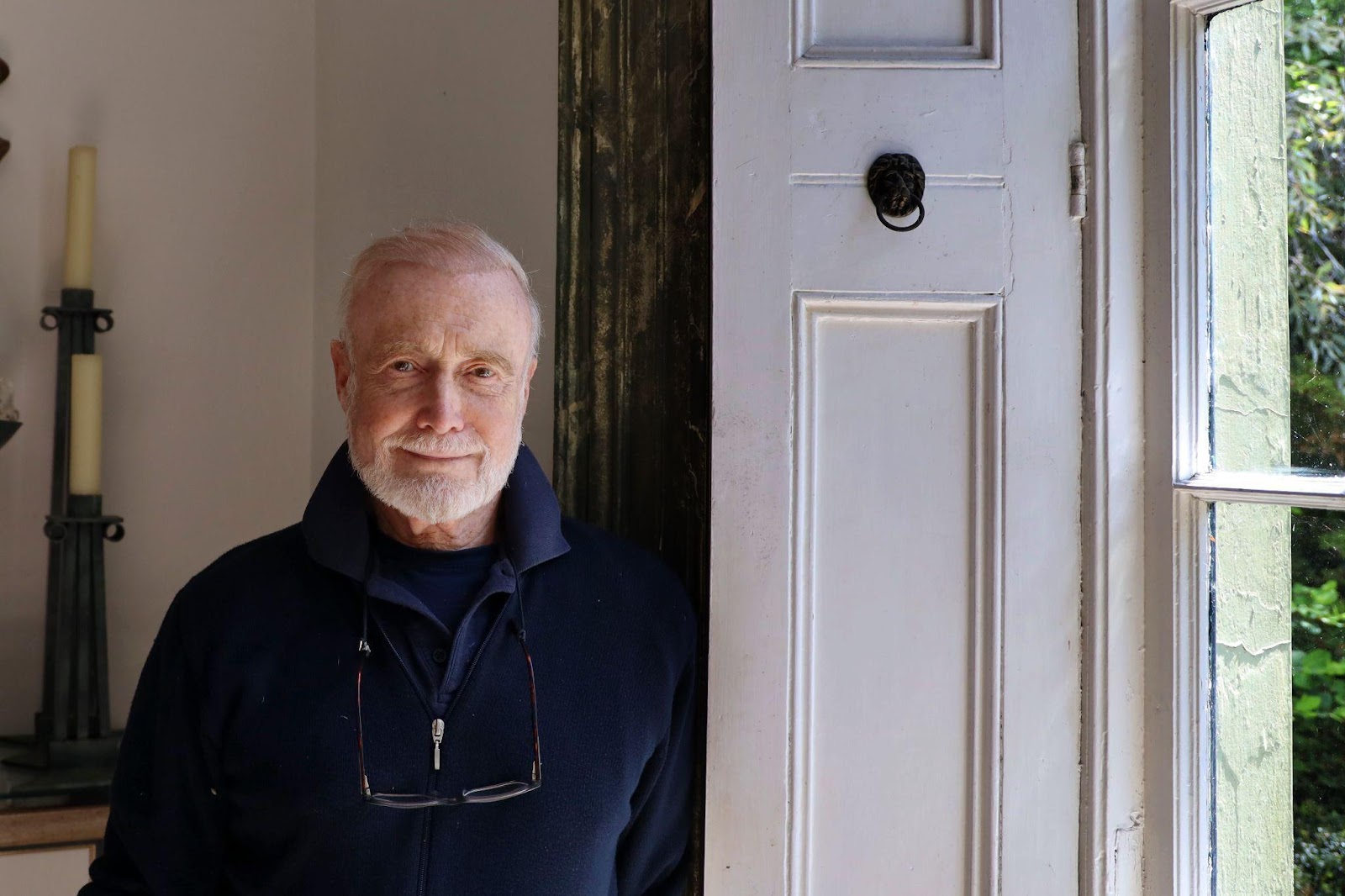 Alfred Sursock Cochrane at his Georgian home in Bray, Ireland. (Credit: Hannah McCarthy/L'Orient Today)
Alfred Sursock Cochrane at his Georgian home in Bray, Ireland. (Credit: Hannah McCarthy/L'Orient Today)
“The houses were built by local Irish craftsmen and you can tell a mile away which is a Georgian house in Ireland or England; the details are different,” says Sursock Cochrane. “Less money was spent in Ireland because it had less money, but there was far more thought; the less money you have the better the design.”
Valpre Capital’s people
The team behind Valpre Capital have backgrounds in banking, real estate, telecoms and law, according to the firm’s website.
Mohamed Beyhum, who currently resides in California, is one of the founders and serves as the chairman of Valpre Capital. He previously held the position of chief executive at BankMed, a bank controlled by the Hariri family, for eight years. Beyhum resigned from BankMed in 2018, over a year before the start of the financial crisis in Lebanon.
Mazen Abou Chakra is a co-founder and managing partner. He was previously the deputy chief executive of Oger Telecom, a Dubai-based conglomerate controlled by the Hariri family.
Sami Hakim is a partner of Valpre Capital in 2019 and previously worked at Oger Telecom and Citibank.
One of the original founders, Adel Jabr, resigned as a director of Valpre Capital in August 2020 according to the UK company register. Jabr, a qualified lawyer, previously worked as the country treasurer for Citibank in Lebanon, the group treasurer for BankMed, and the managing director of MedInvestment Bank in Beirut.
“In the early days, Valpre Capital was funded by its partners as well as some seed funding to match the partner capital,” says Hariri, but “more recently we raise capital for each transaction on a deal-by-deal basis.”
Valpre’s investment strategy
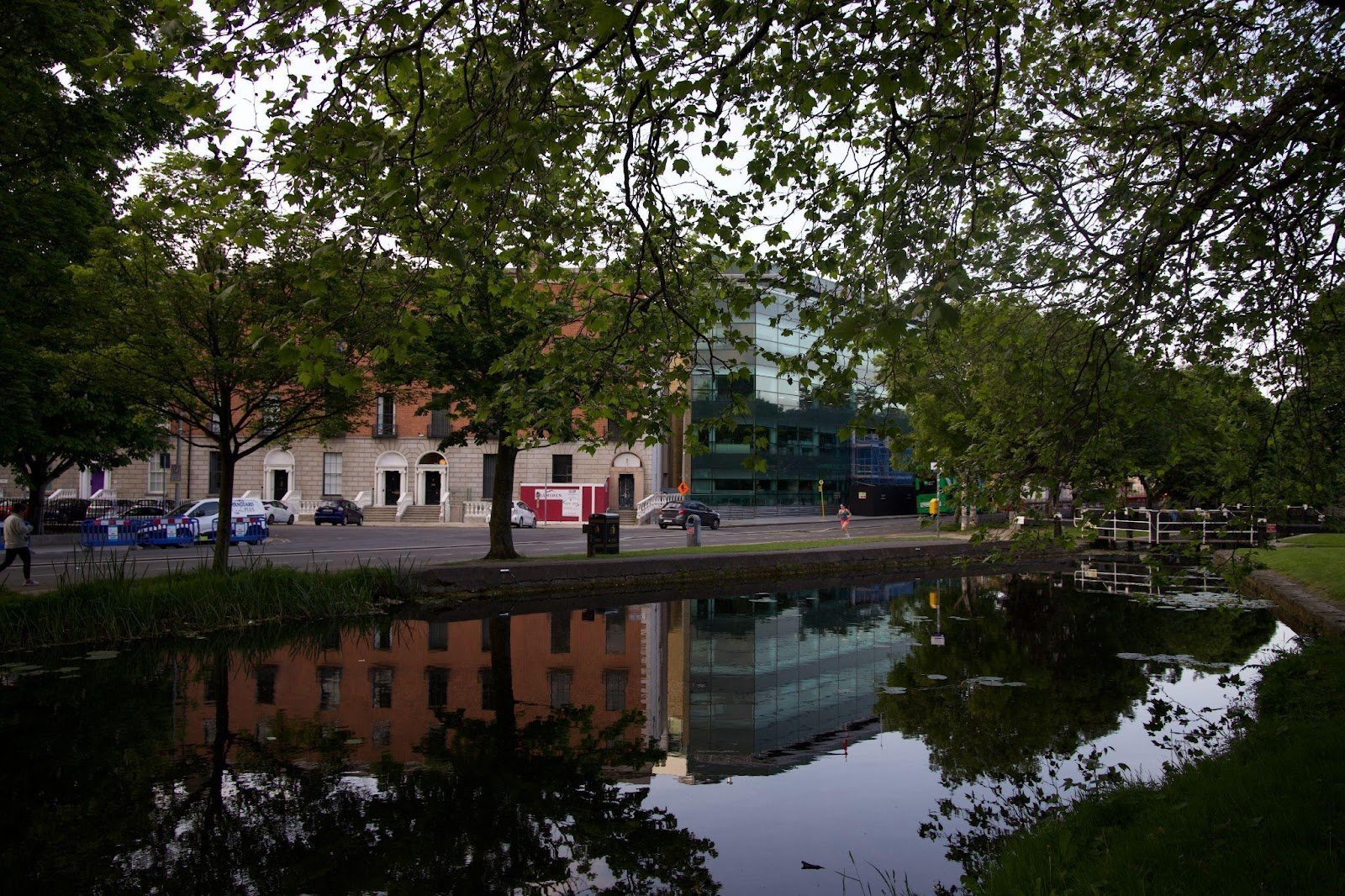 Many of the properties that Valpre Capital have acquired are in areas around the canals in South Dublin. (Credit: Hannah McCarthy/L'Orient Today)
Many of the properties that Valpre Capital have acquired are in areas around the canals in South Dublin. (Credit: Hannah McCarthy/L'Orient Today)
Valpre Capital’s strategy for the Irish real estate market is to focus on what is known as “Pre-63 buildings” which typically refers to heritage homes dating from the Georgian and Victorian periods that have been rented out continuously to tenants until 1963.
In the early 20th century, Dublin had some of the worst slums in Europe, and many large Georgian houses once owned by professionals and wealthy gentry were subdivided into one-room dwellings to accommodate whole families. According to national census data collected in 1911, 20,000 Irish families lived in one-room dwellings in inner city Dublin.
In 1963, new building regulations came into effect in Ireland that restricted the subdivision of buildings.
Sub-divided Pre-63 buildings are not required to be restored to single residences or fully comply with many of the new fire and safety regulations that came into force after 1963. However, these older structures are typically protected under a conservation regime that prevents demolition and requires future renovations to be undertaken in a way that maintains the architectural character of the building.
In practice, many of these older Georgian and Victorian houses have attracted little investment. Often these buildings are inherited generation-to-generation or owned by individuals as part of their pensions. These types of owners have typically rented poorly maintained one-room apartments to students and young professionals working in Dublin.
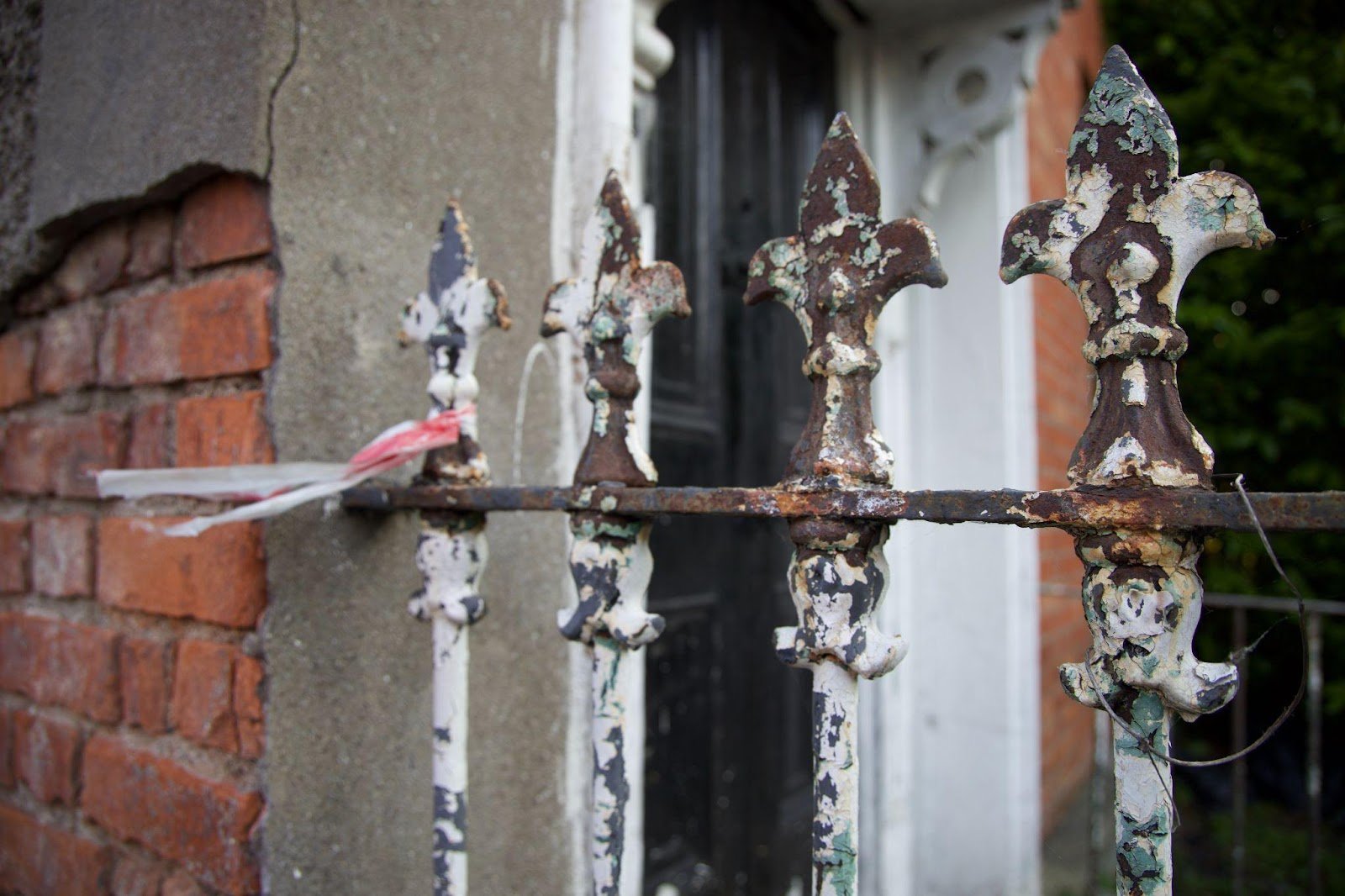 Many Georgian houses in Dublin are in a poor condition and require investment to preserve and maintain them. (Credit: Hannah McCarthy/L'Orient Today)
Many Georgian houses in Dublin are in a poor condition and require investment to preserve and maintain them. (Credit: Hannah McCarthy/L'Orient Today)
Today, Dublin has one of the worst housing crises in Europe, with demand vastly outstripping supply and pushing rents to some of the highest in the world. Georgian and Victorian-era homes in Ireland subdivided before 1963 and rentable to multiple tenants are now attractive investments for those with the funds to upgrade the buildings.
Over the past five years, Valpre Capital has acquired Pre-63 buildings collectively worth EUR 50 million which are held in The Valpre Capital Dublin Real Estate Fund LP, a Cayman Islands limited partnership, according to Hariri and the Valpre Capital website. In total, the Lebanese-owned firm expects to hold EUR 100 million in Irish real estate, once it completes a housing development in Dublin.
Valpre Capital typically targets sellers in Dublin who are individual owners who lack the financial resources to upgrade the protected structures. “You’re dealing with individuals where you can have a negotiation and work out a deal that makes sense,” says Hariri.
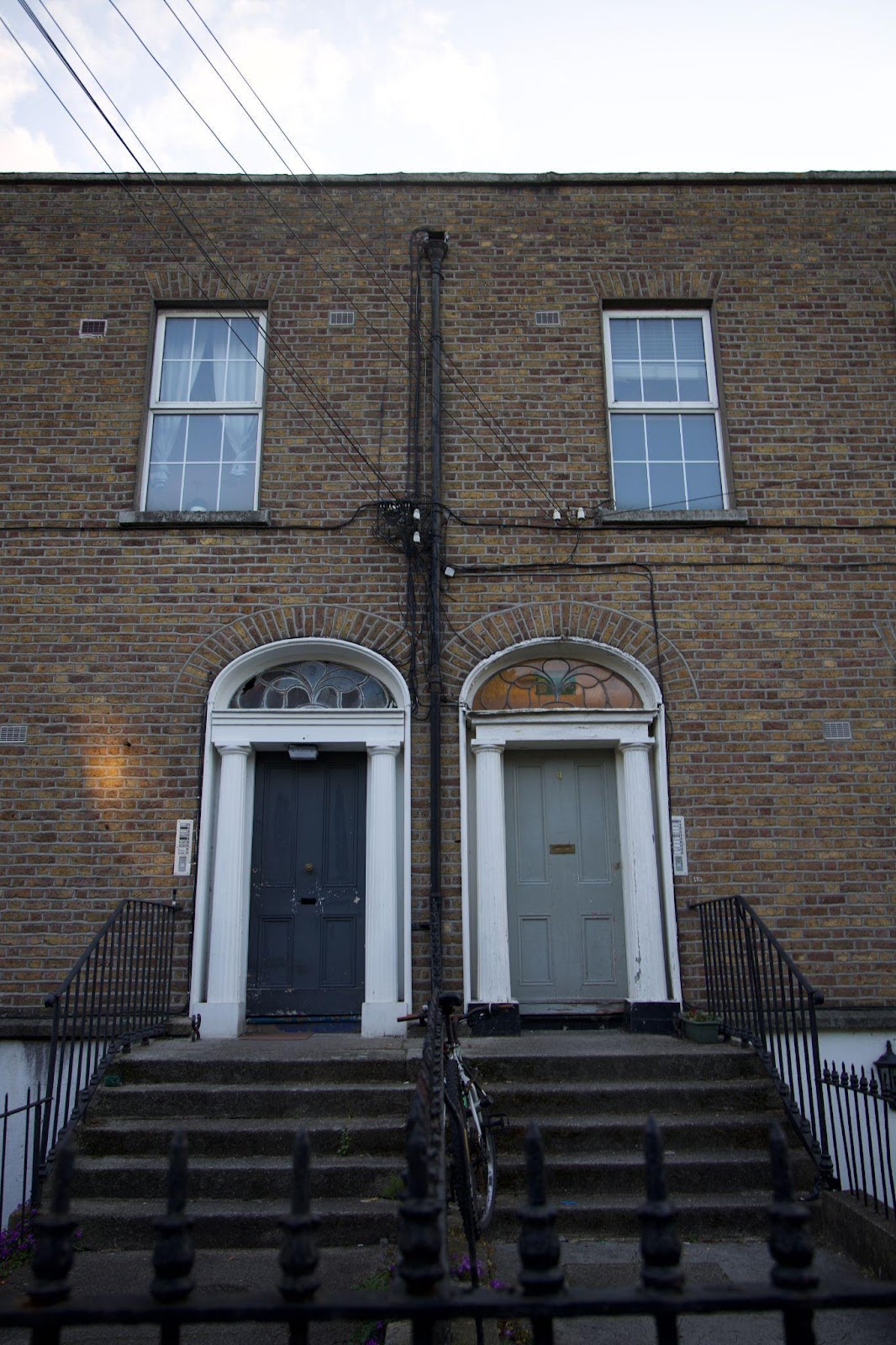 Valpre Capital has acquired Georgian buildings that have been subdivided into apartments. (Credit: Hannah McCarthy/L'Orient Today)
Valpre Capital has acquired Georgian buildings that have been subdivided into apartments. (Credit: Hannah McCarthy/L'Orient Today)
The cost of renovating the houses has increased since Valpre Capital entered the Irish market in 2018. Hariri estimates that renovating each apartment and making it comply with fire regulations costs EUR 30,000 - 70,000 per unit.
“In a building of 10 units that can range between EUR 300,000 and 700,000,” says Hariri. “So it’s a significant investment that we’re making in those buildings.”
A long-term vision
There are currently rent control measures in place in Dublin that mean rents can only be increased by two percent each year. This means that it can be difficult to recuperate the cost of a large-scale investment in the short term.
Hariri says Valpre Capital has taken a long-term approach to investing in Ireland and believes that the improvements they make to the buildings will provide a good return on a longer timescale.
“We're long-term investors so we’re investing in our buildings,” says Hariri. “But anyone looking at this for a shorter horizon might not be incentivized to do the work required — and if the work isn’t done, obviously, these buildings eventually will fall out of circulation only making the [housing] problem worse.”
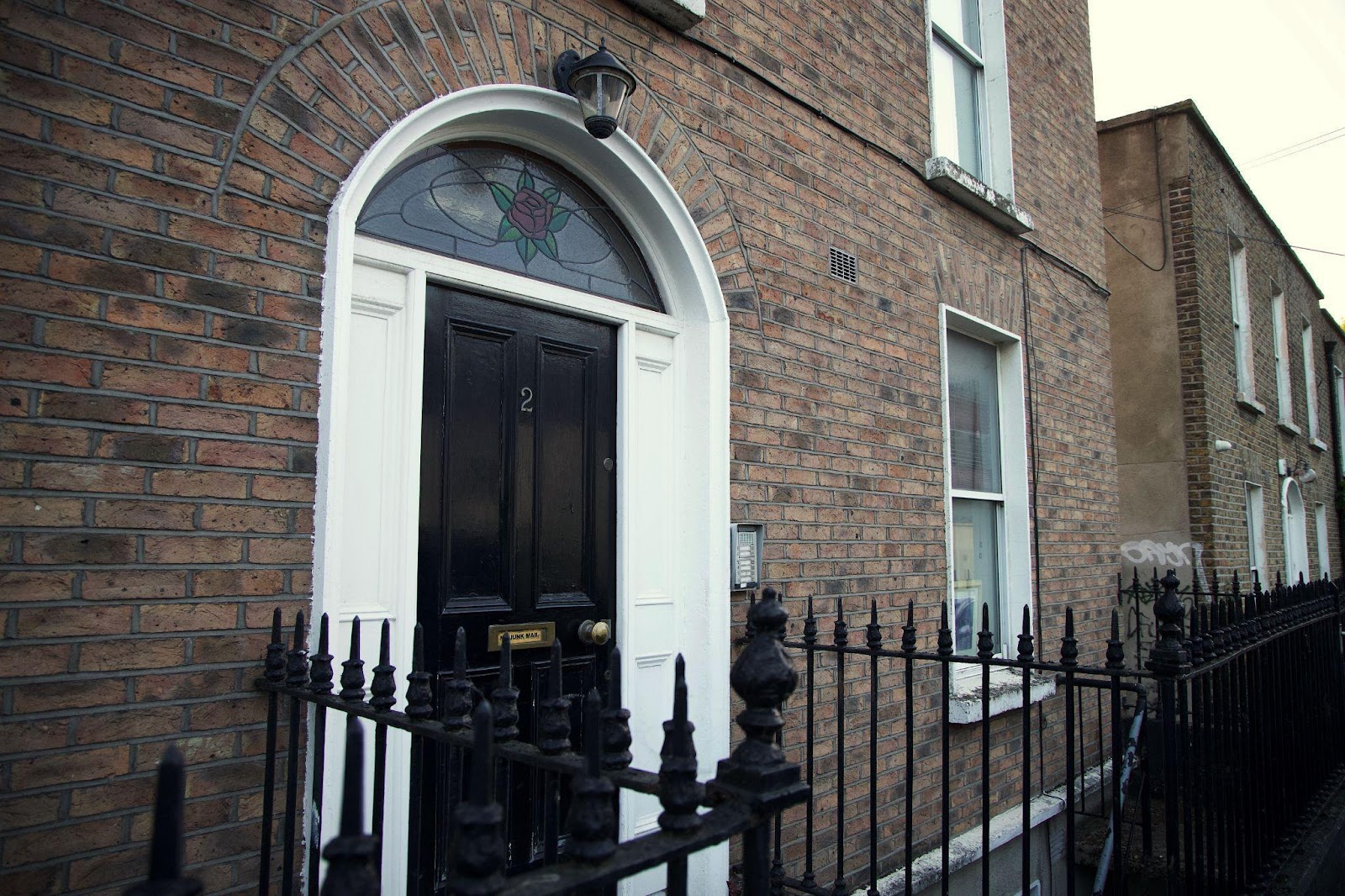 One of the Georgian buildings in Dublin acquired by Valpre Capital. (Credit: Hannah McCarthy/L'Orient Today)
One of the Georgian buildings in Dublin acquired by Valpre Capital. (Credit: Hannah McCarthy/L'Orient Today)
“Ireland is a country that has a planning system that, with all of its issues, does work,” says Hariri. “You can expect to have a resolution to a planning process that is relatively clear. There's nothing hidden in it, and it works very well in terms of protecting the heritage of those buildings.”
“That doesn’t exist in Lebanon, as far as I know,” says Hariri. “The challenge of maintaining old buildings and keeping their owners motivated to improve them is very, very difficult.”